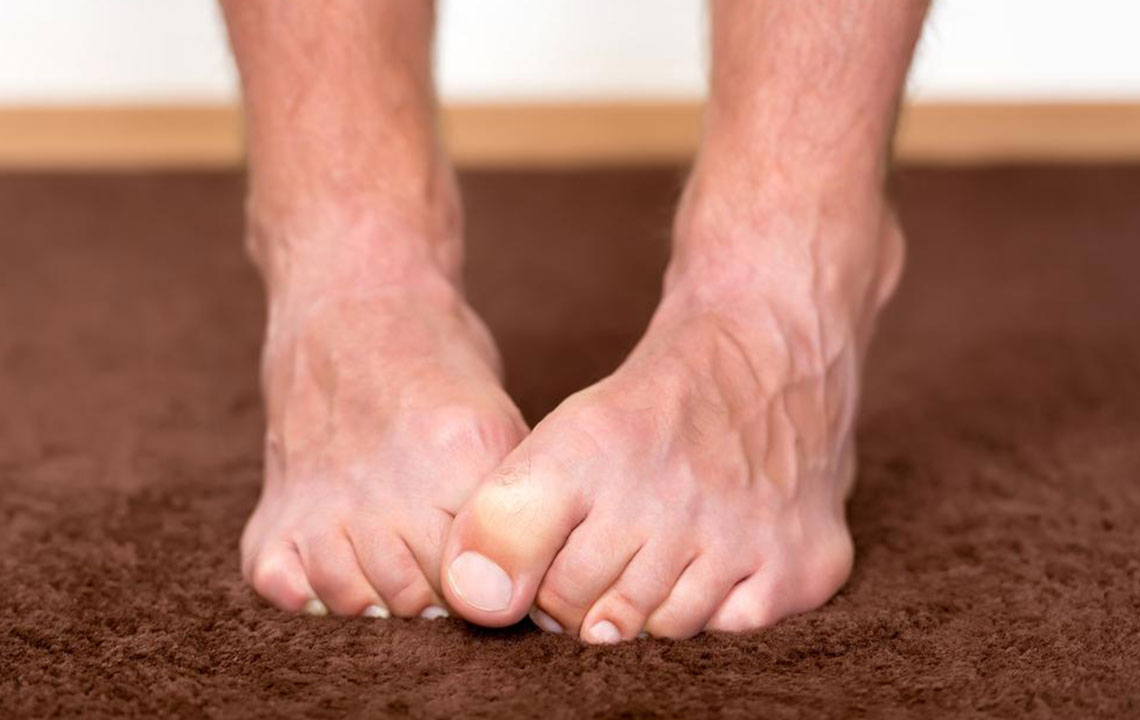Complete Overview of Nerve Pain Management and Relief Strategies
This comprehensive guide explains nerve pain, its types, symptoms, diagnosis, and treatment options. It emphasizes personalized care, lifestyle adjustments, and therapies like medication, acupuncture, and relaxation techniques to effectively manage and alleviate neuropathic discomfort for better quality of life.

Nerve discomfort impacts roughly 7% to 10% of people across the country. Also known as neuropathic pain, its effects differ widely among individuals. Accurate diagnosis paves the way for various effective treatment options.
Understanding Nerve Discomfort
The nervous system detects sensations such as touch, temperature, pressure, pleasure, and pain. When nerves are damaged due to injury or illness, it can send faulty signals to the brain and spinal cord, causing undue pain or abnormal sensations.
Types of Neuropathy
Several forms of nerve pain include:
Trigeminal Neuralgia
Sudden, intense facial pain caused by damage to the trigeminal nerve, which controls sensation and chewing.
Phantom Limb Pain
Perception of pain in a missing or amputated limb.
Herpes Zoster Pain
Persistent pain following shingles outbreaks that can last for months or years.
Signs of Nerve Pain
Common descriptions include stabbing, shooting, burning, or crawling feelings. Some experience tingling, numbness, or electric shocks. Touch sensitivity and temperature changes can trigger pain, especially at night. Anxiety and depression are frequent companions. Women over 50 face higher risks. Sometimes, nerve damage causes loss of sensation despite injury, as seen in diabetic neuropathy or nutritional deficiencies.
Nerve pain diagnosis involves physical exams, medical history, blood tests, MRI scans, nerve conduction studies, or biopsies. Causes range from nerve injuries, compression, infections like HIV, autoimmune diseases, tumors, to toxins. Rare inherited nerve disorders can be a factor.
Damage to sensory nerves disrupts touch, temperature, and pain perception, leading to neuropathy. Treatment aims to address underlying causes via medications, physical therapy, or surgery. Pain response varies individually and psychological aspects influence perception.
Management includes NSAIDs, topical treatments, antidepressants, anticonvulsants, and cautious opioid use. Controlling conditions like diabetes or nutrient deficiencies can reduce symptoms. Therapies such as psychotherapy, relaxation techniques, TENS, acupuncture, and natural remedies provide additional help. Lifestyle factors like diet, exercise, and good sleep are crucial. In severe cases, invasive procedures may be necessary.
Seek medical guidance to develop a tailored pain management plan. An integrated approach enhances life quality for those battling nerve pain.


